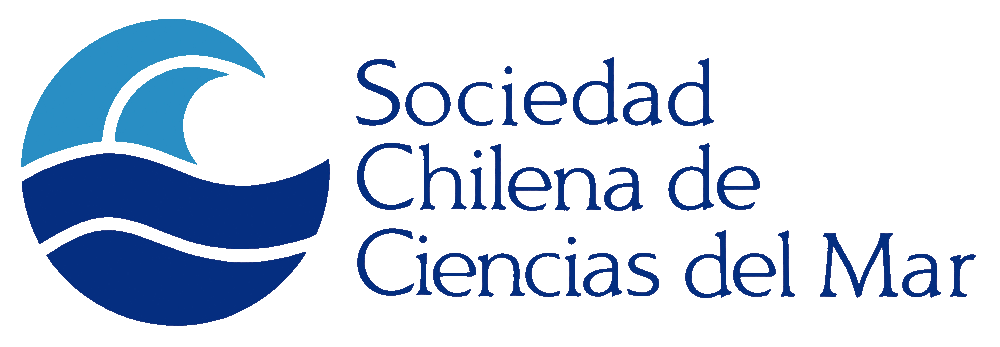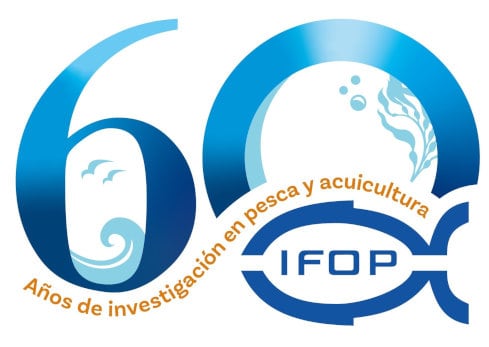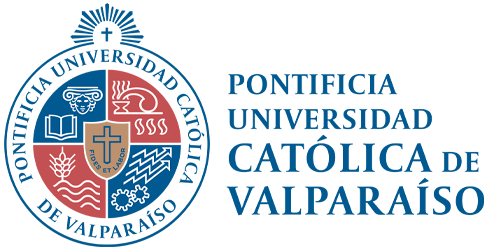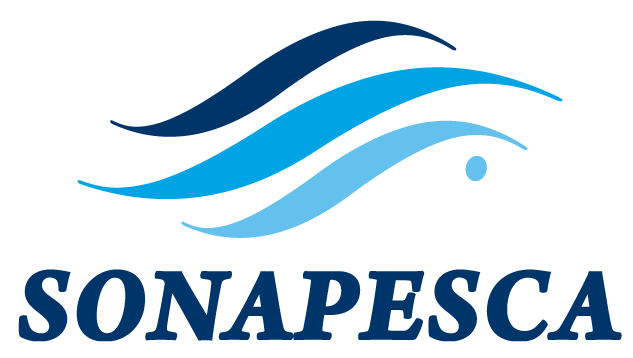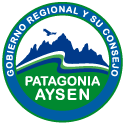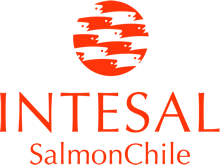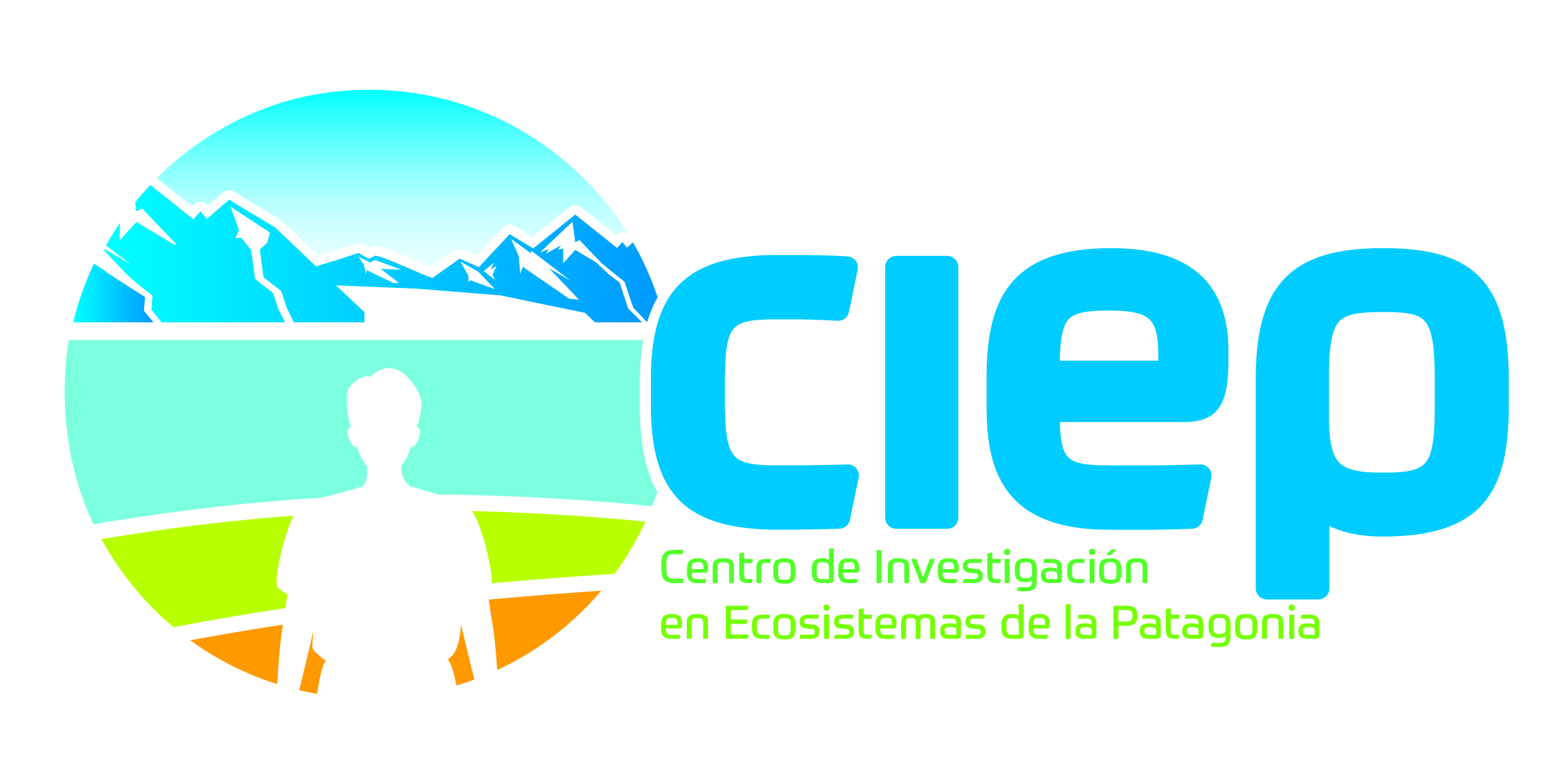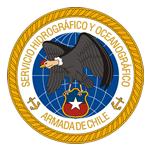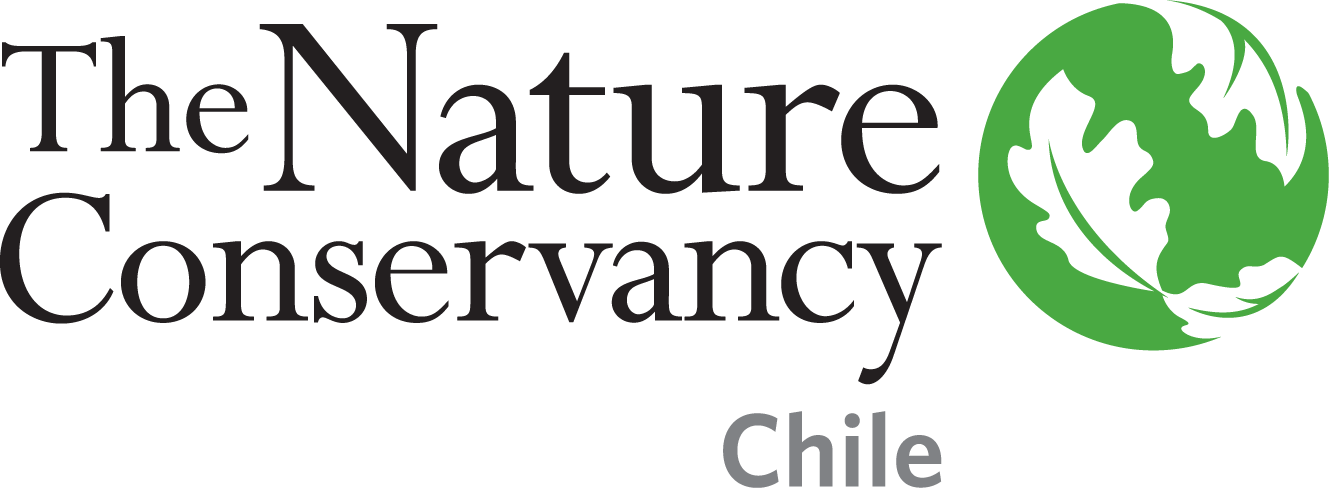INTRODUCTION
Marine resources are vital for the economy, food and ecological balance of our planet. However, in a climate change scenario, these resources face unprecedented challenges. Rising temperatures, ocean acidification and rising sea levels are directly affecting marine ecosystems and the species that depend on them.
Ecosystem management plays a fundamental role in the face of climate change, as it focuses on conserving and sustainably using natural resources within entire ecosystems. In the case of marine resources, ecosystem management provides a comprehensive approach to addressing the impacts of climate change.
In this context, the sustainable management of marine resources is undergoing a paradigm shift, slowly evolving from mono-specific management to management with an Ecosystem Approach (EA). Indeed, applying the EA is being considered as part of managing fishing and crop activities to ensure they are sustainable, providing food, jobs, socioeconomic yields and a good state of the environment.
However, implementing this concept has not been easy due to a lack of understanding in environmental, ecological, social, and even political spheres. It is necessary to build learning spaces that show how to implement the EA effectively for the management of aquatic resources. This action is particularly relevant considering the deteriorated state of many fisheries and farming systems, the growing evidence of the impacts of climate change, and the pollution of the oceans. The discussion on how to implement the EA is not trivial, given the multiple points of view, and the need to define and propose clear and timely public policies. The scientific and technological advances developed in recent years must be used for improving the monitoring of marine and fishing systems, and thereby obtaining a better understanding of the state of the ecosystems.
Moreover, the Permanent Commission of the South Pacific (CPPS) has carried out actions to incorporate the EA through associations with the Food and Agriculture Organization of the United Nations (FAO) and research centers that have taken the lead at a regional level. Highlights include the workshop “Ecosystem Approach in Fisheries as an Instrument to Support the Decision-Making Process, Phase I” (Lima, Peru, June 12-14, 2018), as well as the workshop “Ecosystem Approach in Fisheries as an Instrument to Support the Decision-Making Process.” Decision Making, Phase II” (Santiago, Chile, June 18-20, 2019). Meanwhile, Chile has organized, among others, the seminar “Ecosystem approach to management of aquatic resources: progress, gaps, and perspectives” (December 1-3/2020). Along the same lines, this year 2024 we will carry out the 2nd International Seminar “Implementation of the ecosystem approach to fisheries and aquaculture in times of climate change: Advances, challenges and actions” in the city of Valparaíso, November 12-14. This will include keynote talks from the different fields that encompass the EA. Additionally, spaces for discussion will be opened for the implementation of this management in Chile's marine resources.
The management of marine resources with an ecosystem approach in fisheries and aquaculture, whether in its strategic or tactical application, promotes balanced progress towards conservation objectives and the sustainable use of marine resources in the long term. This guideline is consistent with the objectives of the UN 2030 Agenda for Sustainable Development, particularly those related to climate action (goal 13) and underwater life (goal 14). The protection of the marine ecosystems that support these resources, as indicated by fishing regulations in Chile, is a challenge that we must face as a society, especially in the current climate change context.
OBJECTIVES
The 2nd International Seminar “Implementation of the ecosystem approach to fisheries and aquaculture in times of climate change: Advances, challenges and actions” aims to analyze the multiple perspectives that exist on the EA for the sustainable management of marine resources. The above considers local, regional and international scales, as well as artisanal and industrial actors, both from socio-ecological research and management, to ocean governance.
This also includes understanding the experiences of Chile’s regions and other parts of the world, what practical management based on ecosystems is like, and what are the actions and lessons learned to carry out this crucial challenge. In this sense, we want to form a group of presenters that reflect the diversity of visions in order to uncover pathways for this process. Finally, a document will be prepared on the various concepts, perspectives, discussions and recommendations for the establishment of public policies that emerge from the Seminar, so that these can be shared to those responsible for the management of marine resources and the general public.
ORGANIZING COMMITTEE
- Dr. Claudia Andrade (SCHCM, UMAG)
- Dr. Cristian Canales (ECM, PUCV)
- Dr.(c) Carolina Lang (IFOP)
- Dr. Carlos Montenegro (IFOP)
- Economist Marcelo Nilo (IFOP)
- Dr. Doris Soto (SCHCM, INCAR)
- Dr. Eleuterio Yáñez (SCHCM, PUCV)
- MSc (c) Taryn Sepúlveda (SCHCM, UMAG)
- General Coordinator Josefa Rodríguez
EVENT DETAILS
Overview
The seminar will last 3 days, and it consists of 3 modules per day, which will allow for 15-minute presentations. At the end of each module, 30 minutes will be allocated for discussion and the formulation of proposals aimed at promoting public policies.
Target audience
Researchers, academics, students, representatives of the public and private sector, resource users (representatives of the industrial, artisanal and aquaculture fishing sectors and others), NGOs, international institutions and general public.

